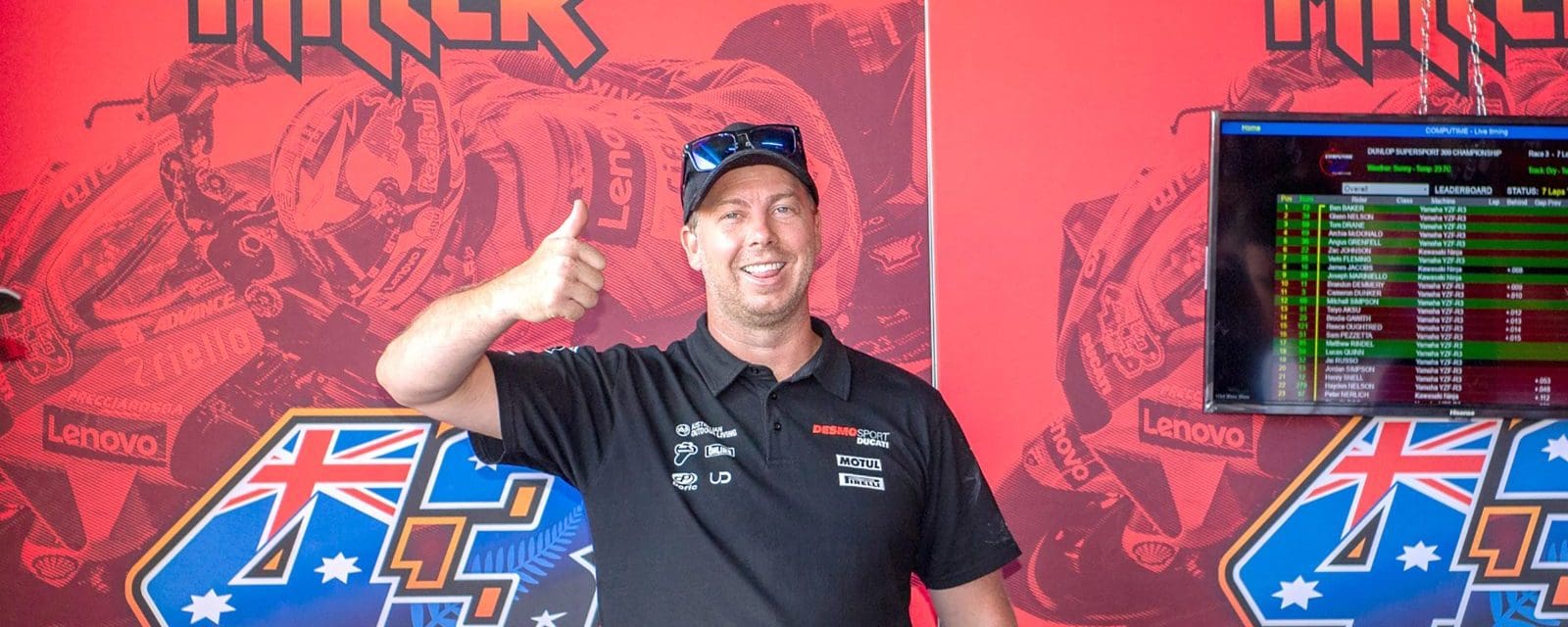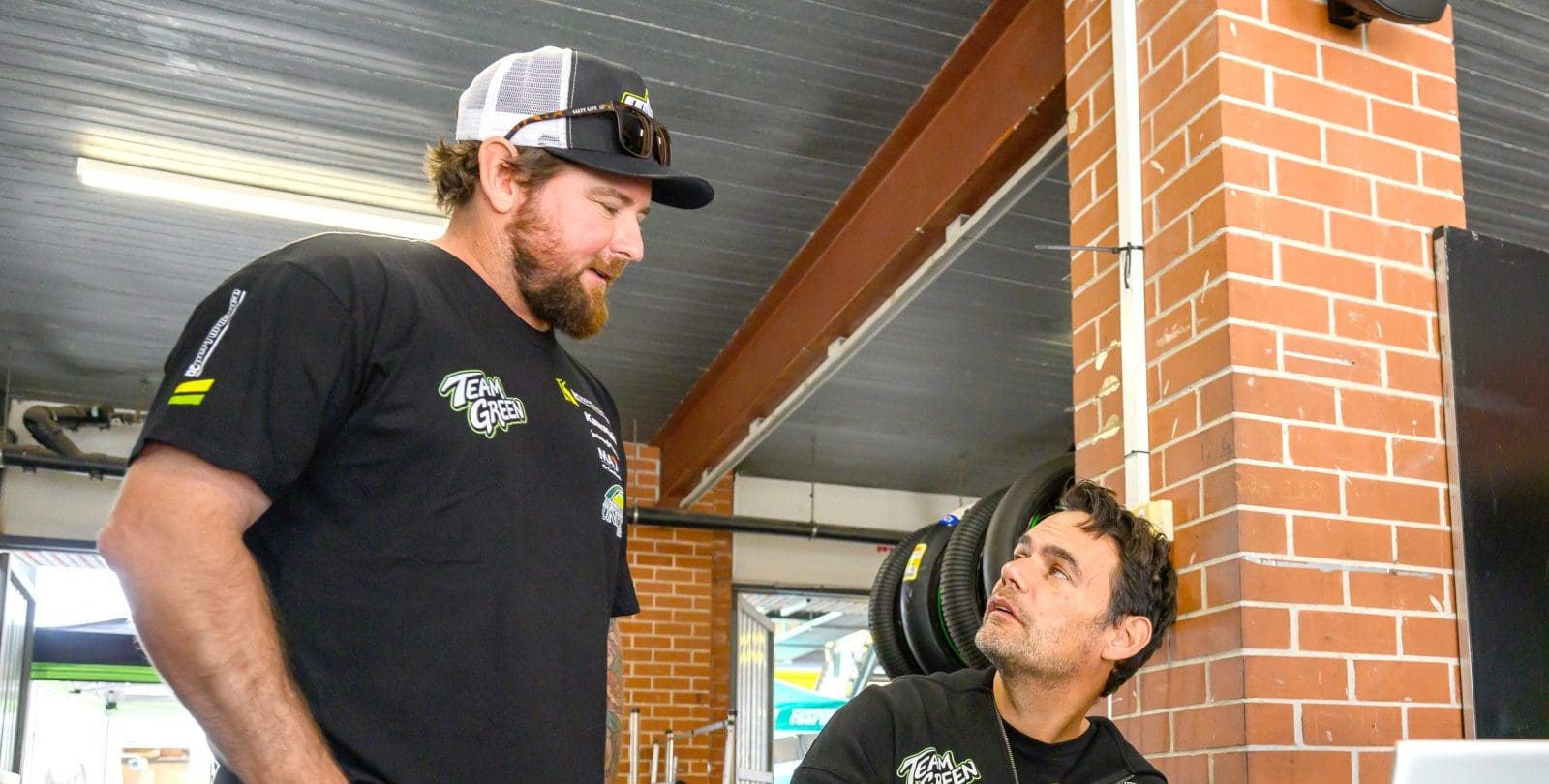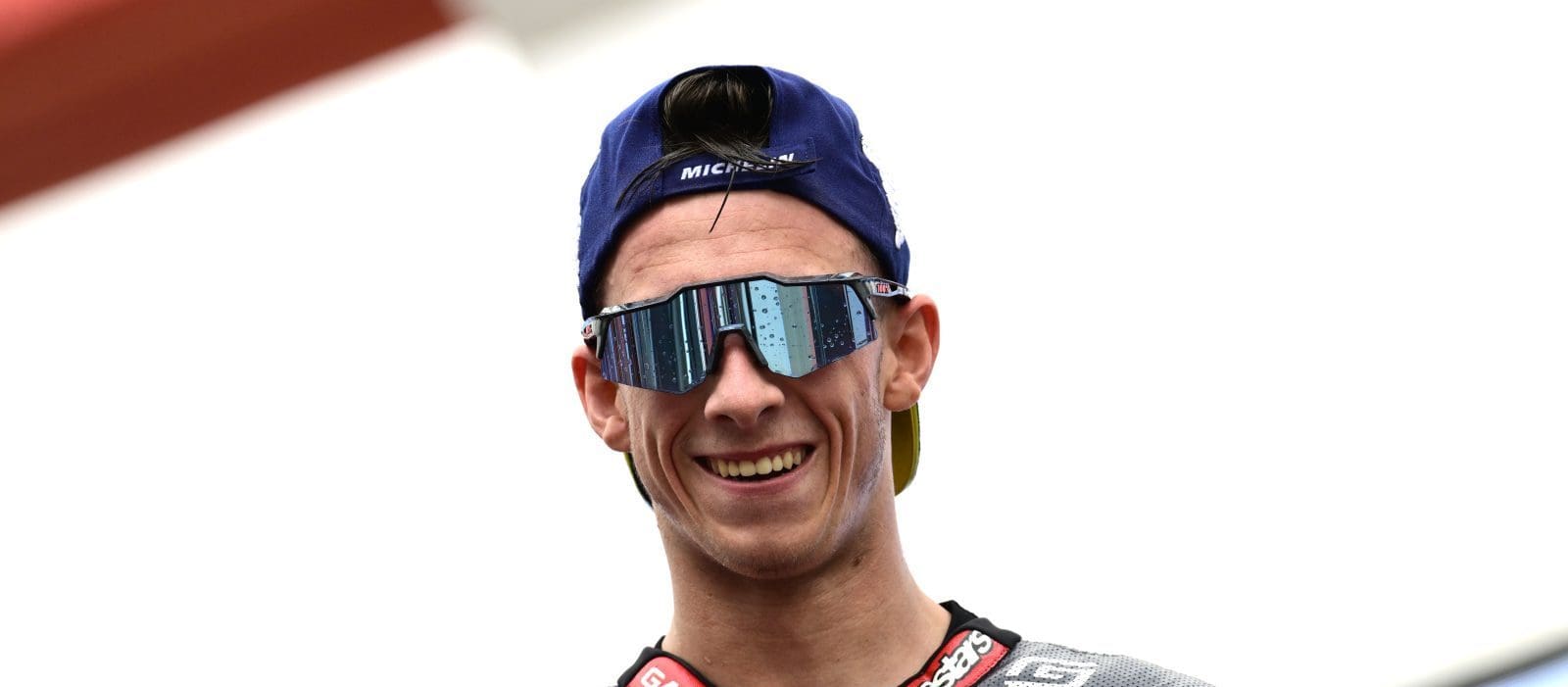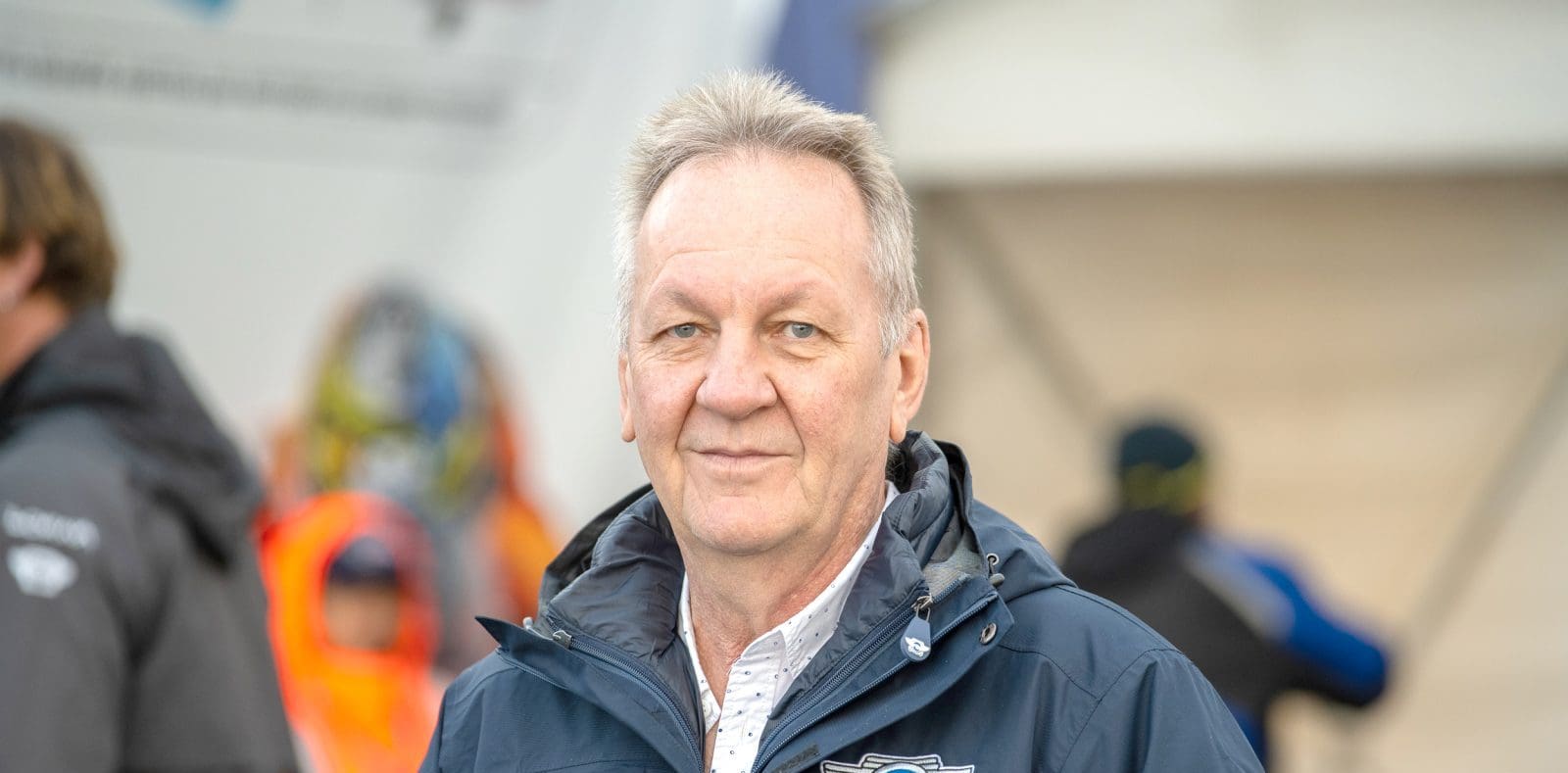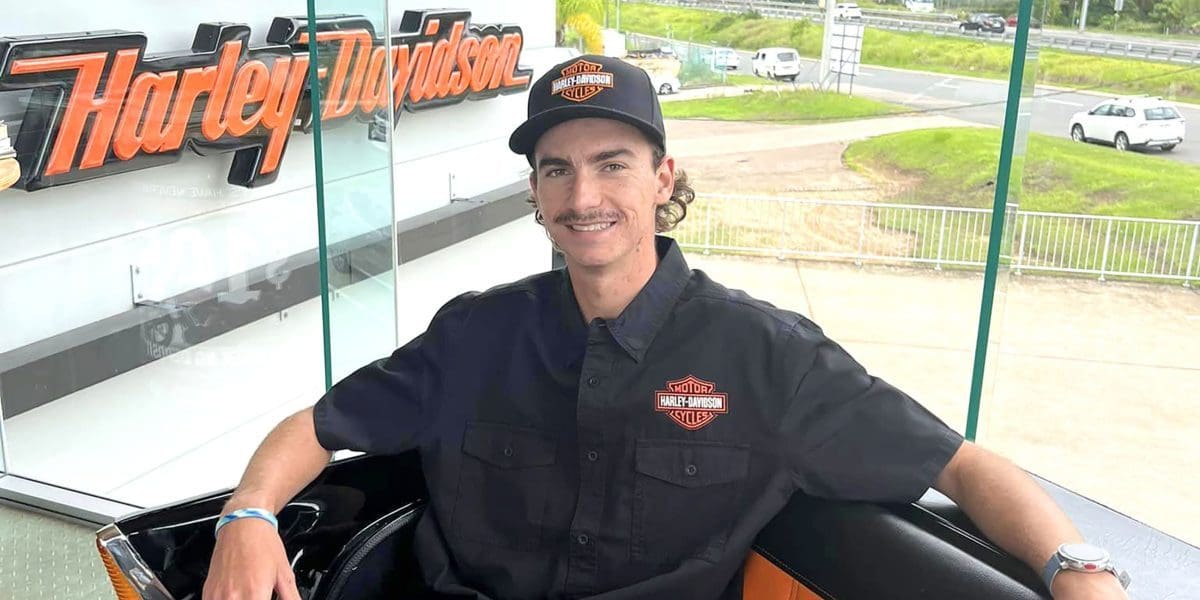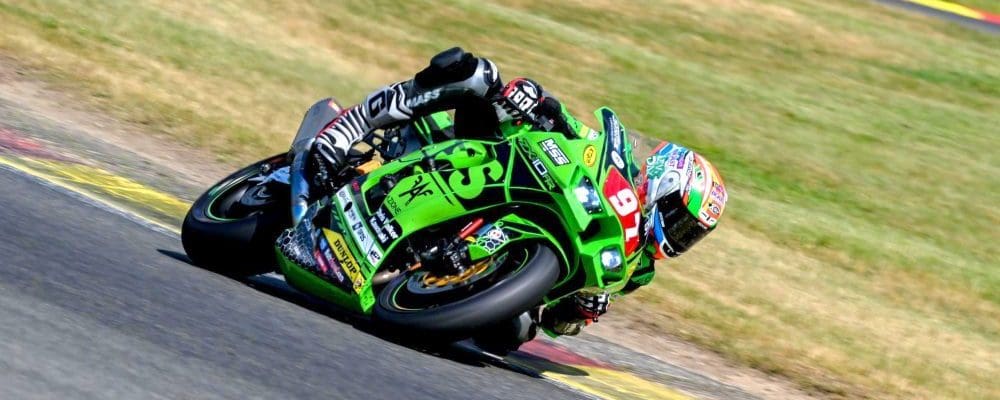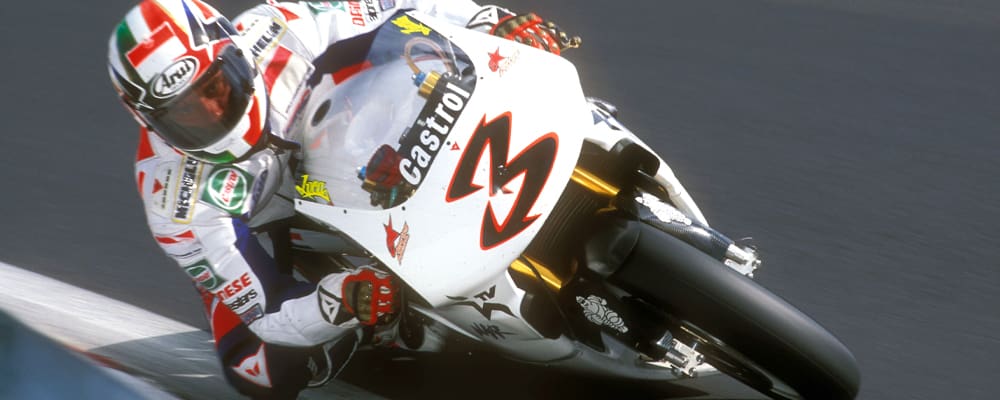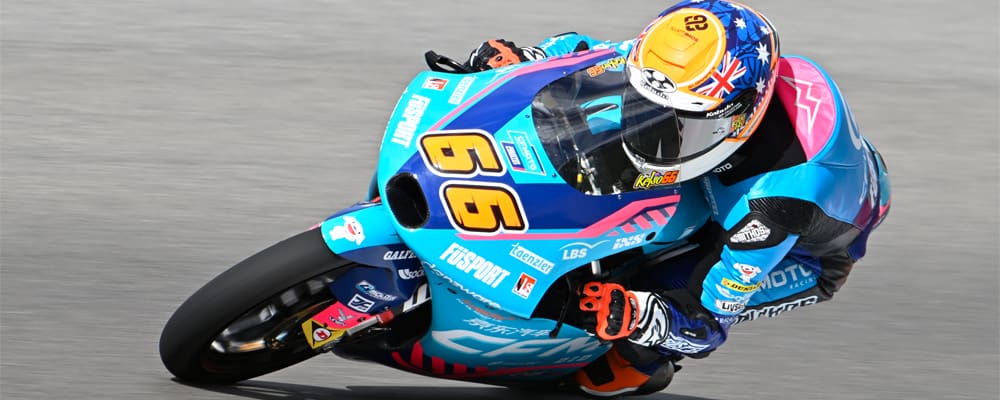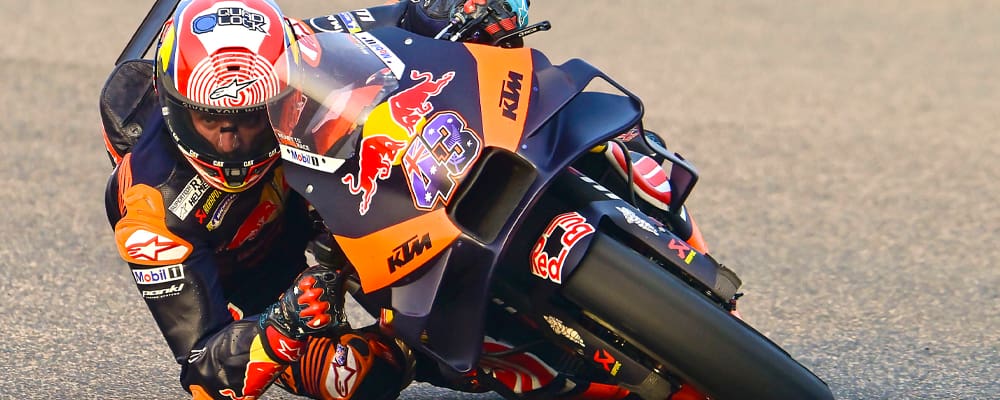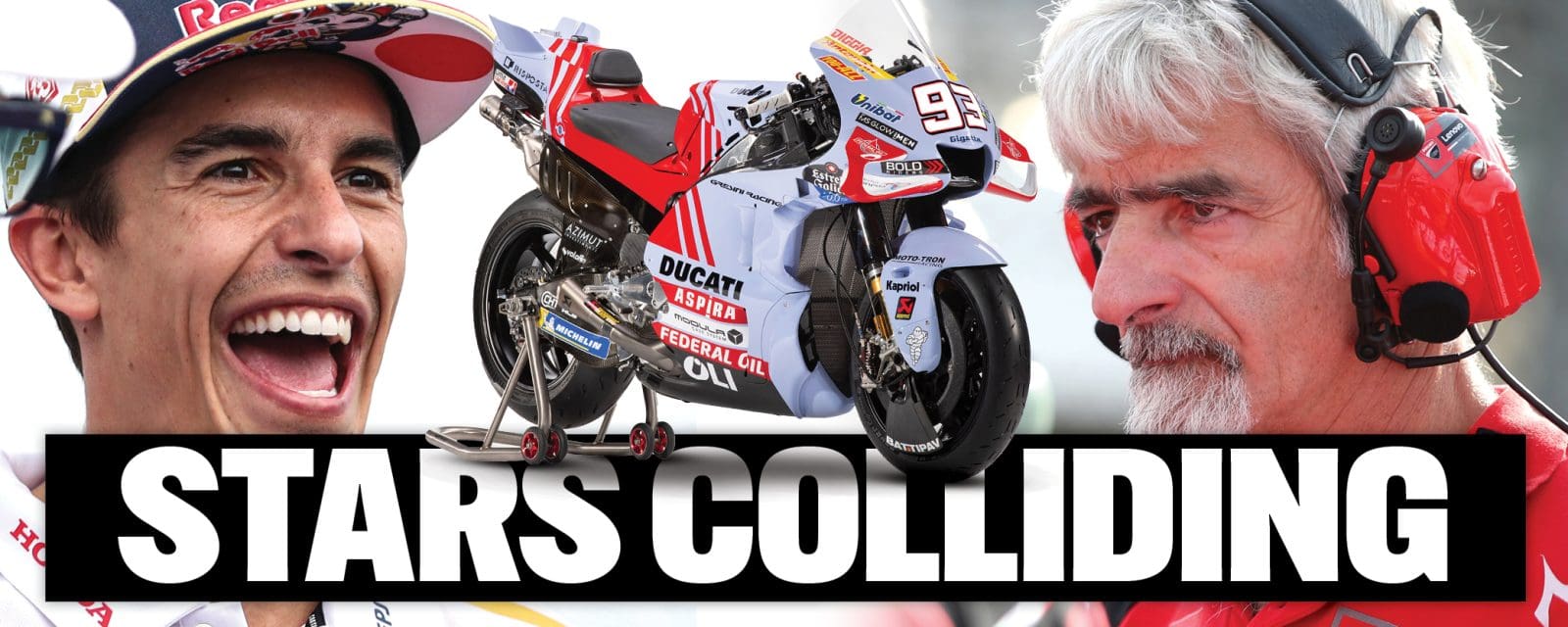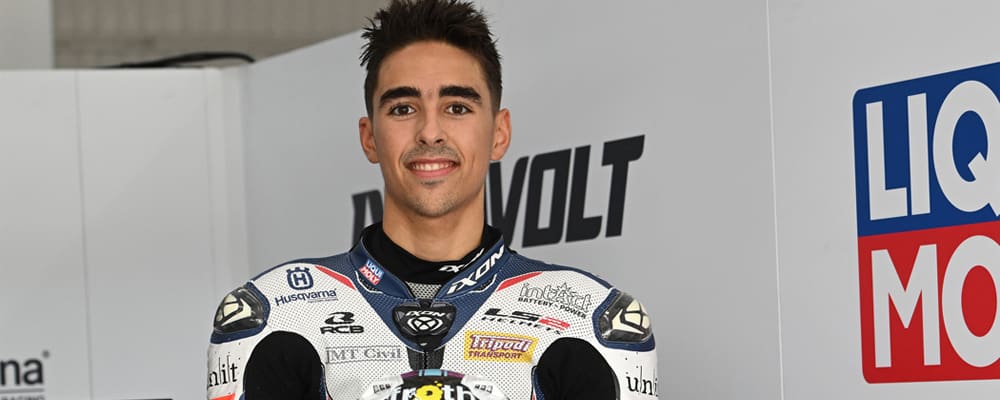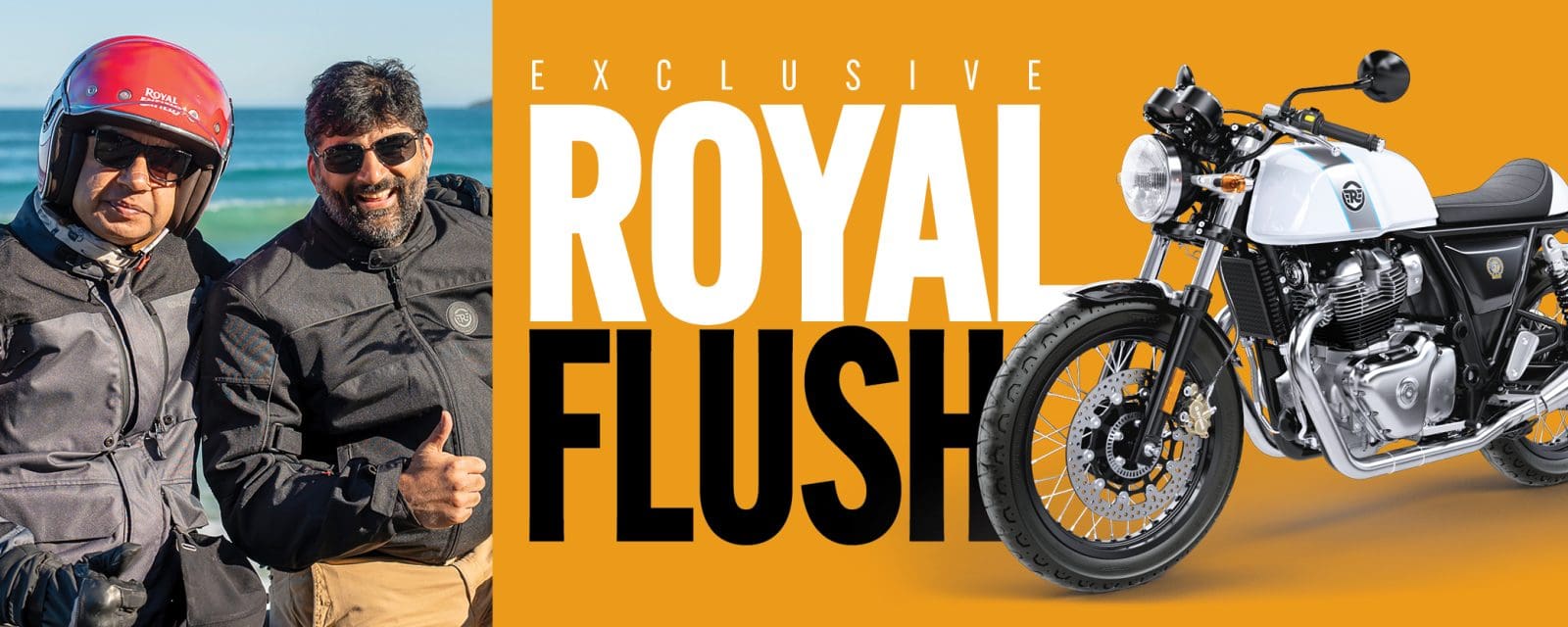What got you into racing?
I started out riding dirt bikes around the place as a kid, just for fun. My dad, Richard, used to race, so that was where my interest in motorcycles started. It all changed when I turned 15 years old and I did a Phoenix Club Come’n’Try Day at Mallala Raceway. That day I got hooked on road racing. We got a Moriwaki 250 and then in 2011 stepped up to a 600 Supersport Kawasaki.
How did that go?
Not bad. I ended up third overall in the FX Nationals D Grade class in my first year, then second in C Grade in 2012.
Tell us about how you got into the Aprilia RSV4
I found the Supersport class a bit of a struggle because to be really fast on it I needed to be super-committed all the time and ride it on the limit. With such a small team as ours (basically Liam and his father Richard) I couldn’t afford too many crashes so that took the edge off it. Crashing a bike cost money that we simply didn’t have. In 2014 we took the plunge and stepped up to the Superbike class with an Aprilia RSV4. We chose that bike because it was doing pretty well back then in World Superbikes.
How did it pan out?
I found I could be consistently fast on it but it came at a financial cost. Initially it was hard to get the good bits to transfer it into a fully-race spec bike. It was very expensive to run but it was a much nicer and faster bike to ride than the 600. I won the B grade class and was sixth overall in the 2014 Formula Oz Superbike championship.
It became a bit of a cult-hero bike in the Formula Oz Superbike class. Why didn’t you stick with it?
The cost of on-track maintenance and the commitment to develop it was beyond our resources.
And then you chose to go to Yamaha for 2016
We’d done all we could with the Aprilia and didn’t have any brand preference so there were options to consider and a big decision to make. Now I’m with Yamaha I can’t see myself riding any other motorcycle. Being part of the YRD program means we get discounted parts and track support. It’s brilliant. (Ahead of the final ASBK round on Dec 11, Liam was leading the Superbike B Grade championship and fifth overall ahead of Beau Beaton.)
Are you a hobby racer or is there a track career planned?
I’m 22 years old and studying for a degree in environmental science at Flinders Uni so I wish I could put the motorcycling expenses on my HECS fees! I’m happy racing in Australia with realistic goals but if a bigger chance came along I’d certainly consider it.
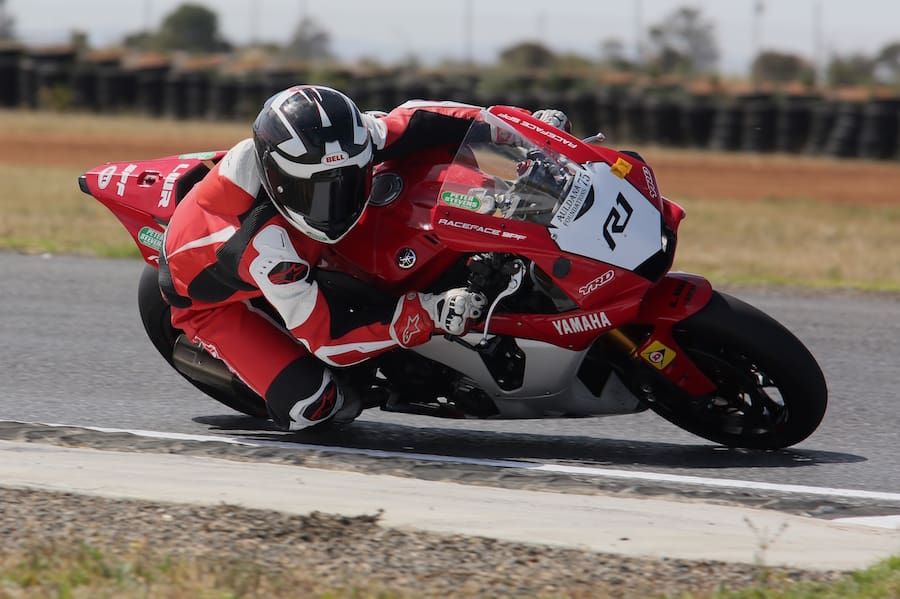
Any plans to race in the MA national titles next year?
The MA series is going from strength to strength so we are definitely looking at it. I don’t know if many people on the eastern coast realise this but for most South Australians it’s financially impossible to do both series when you add up the travel and accommodation costs and put them on top of actually going racing.
You and Daniel Falzon looked totally committed to winning the Adelaide 3 Hour and the $4000.
We’d spent months building up our fitness and Daniel’s brother, John, who’s a brilliant race engineer, spent nearly as much time developing our strategy for the 3 Hour. A long-distance race like this involves much more than just riding fast and the teamwork is vital part of making the challenge turn into a winner’s cheque.
You both won it in 2013. Why so much effort to win it this year?
In 2013 Daniel and I raced this event (winning it on a Supersport bike) after teaming up just a few hours before the main race after both our team members had crashed out in practice and qualifying! It worked for us and we have been trying to repeat that surprise victory ever since but the event just keeps getting stronger every year. Last year Daniel and I only missed out on winning by a few seconds and that made us even more committed to win this year.
So what was the winning ingredient this year?
Soon after the race we looked over the data and found that we had had the fastest average times for the pit stops plus we were both running within a half second each lap throughout the three hours, despite having to overtake riders of wildly-varying speed. That’s what any endurance race winner will tell you, even those who have won the Suzuki Eight Hour. So that sums up our effort. I must repeat that, as well as Daniel and I riding at a pace that was consistently fast, our win also came from a well-planned fuel, tyre and pit-stop strategy that worked when it needed to, thanks to John Falzon and his team of workers. It all came together and was a great achievement for us and all our family of supporters.
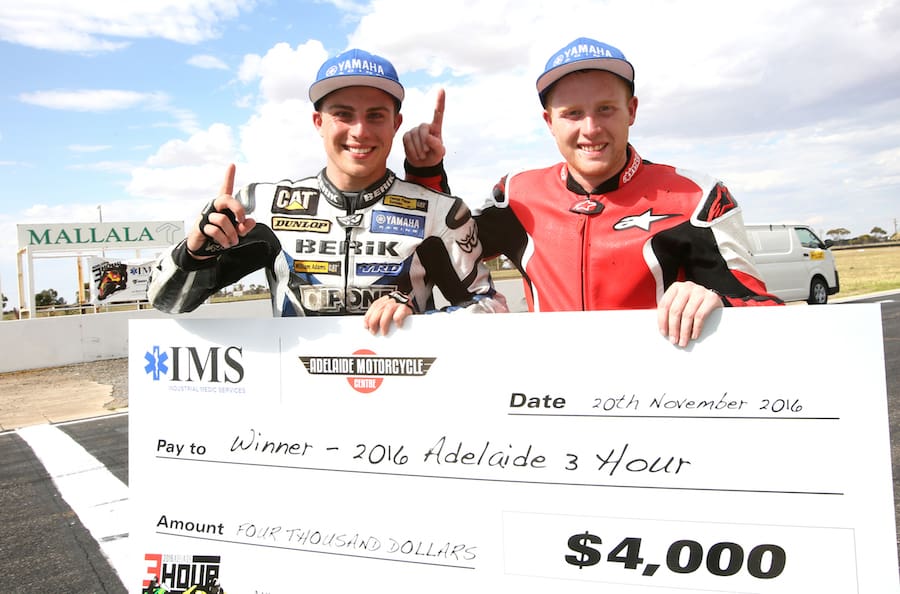
Words: HAMISH COOPER
Images damir8.com, Ian Roddie
